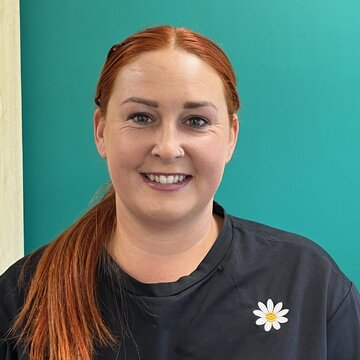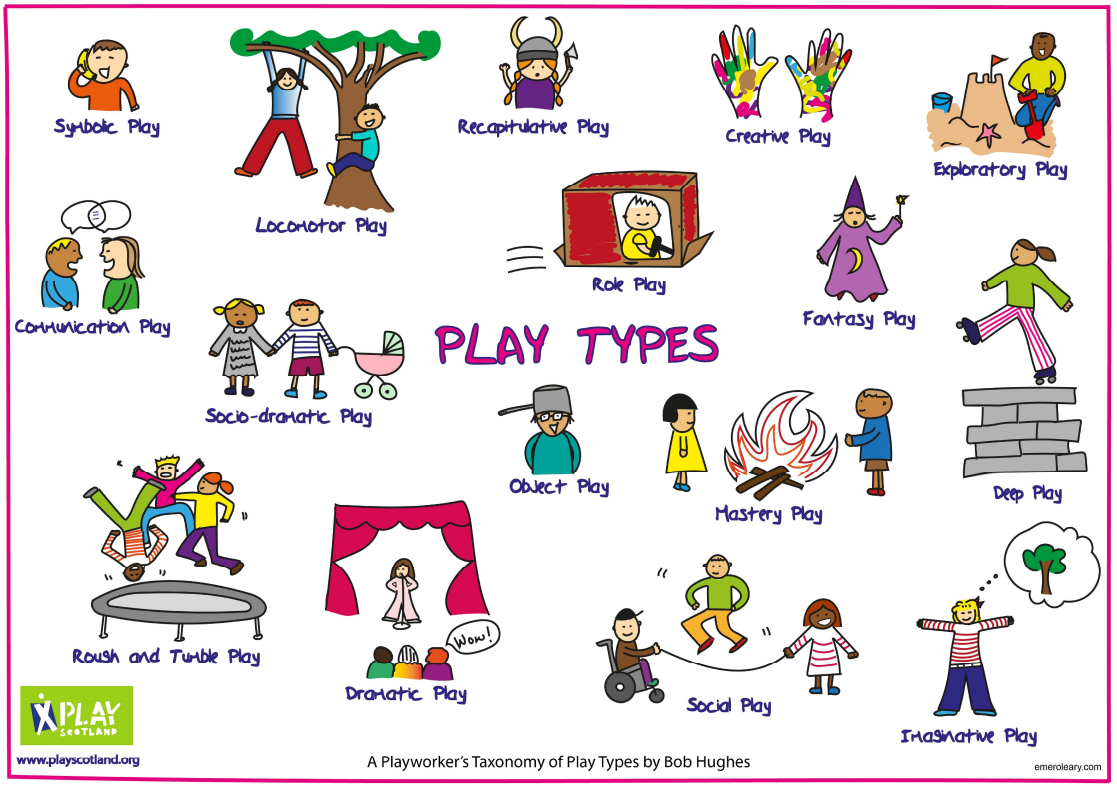Play Leader Team (OPAL - Outdoor Play And Learning)
.jpg)
Mrs E. Kitchener
OPAL Co-ordinator

Miss S. Bringloe
Play Leader
.png)
Miss L . Hanrahan
Play Leader
We are an OPAL school school, meaning that we value and place great importance on Outdoor Play and Learning. Play times and lunch times are developed using the OPAL philosophy.
Rational
Our school believes that all children need opportunities to play which allow them to explore, manipulate, experience and affect their environment. The school acknowledges the UN Charter on the Rights of the Child, especially Article 31, and supports the child’s right to play. We believe play provision should be: Welcoming and accessible to every child, irrespective of gender, sexual orientation, economic or social circumstances, ethnic or cultural background or origin, or individual abilities.
The OPAL programme rationale is that “…better, more active and creative playtimes can mean happier and healthier children, and having happier, healthier, more active children usually results in a more positive attitude to learning in school, with more effective classroom lessons, less staff time spent resolving unnecessary behavioural problems, fewer playtime accidents, happier staff and a healthier attitude to life”.
The value of play
Play is defined as any freely chosen activity which a child finds satisfying and creative. It may or may not involve equipment or other people. We believe the learning opportunities of play include:
- Emotions e.g. learning about oneself and others, sadness/gladness, rejection/acceptance, frustration/achievement, boredom/fascination, fear/confidence.
- Social interactions - enhancing self-esteem and understanding of others through freely chosen interactions e.g. within peer groups, with individuals, with groups of different ages, abilities, interests, gender, ethnicity and culture.
- Making choices, problem solving, being creative,
- Playing with scrap materials, tyres and other multipurpose objects
- Achieving and also coping with failing,
- Communication and negotiation skill
Aims
The school aims to address the provision of improved play opportunities:
- To ensure play settings provide a varied, challenging and stimulating environment.
- To allow children to take risks and use a common-sense approach to these risks and their benefits.
- To provide opportunities for children to develop their relationships with each other.
- To enable children to develop respect for their surroundings and each other.
- To aid children’s physical, emotional, social, spiritual and intellectual development.
- To provide a range of environments which will encourage children to explore and play imaginatively.
- To provide a range of environments which will support children’s learning across the curriculum and learning about the world around them.
- To promote independence and team work within children.
- To build emotional and physical resilience.

OPAL - Play Policy
.jpg)
.jpg)
.jpg)
.jpg)
.jpg)
.jpg)
.jpg)
.jpg)
.jpg)
.jpg)
.jpg)
.jpg)
.jpg)
.jpg)
.jpg)
.jpg)